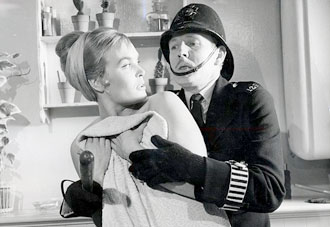 Prices for smartphone-use touchscreen controller ICs have been falling thanks to an increase in the numbers of suppliers and a price war.
Prices for smartphone-use touchscreen controller ICs have been falling thanks to an increase in the numbers of suppliers and a price war.
Digitimes claims that touchscreen controller and fingerprint sensor bundle suppliers have been vying for more orders from brand-name smartphone vendors and this has caused the prices to fall lower.
Prices for high-end 10-finger solutions have already fallen below $1, while prices for 2-finger ones for entry-level smartphones have dropped to $0.20-0.30.
Synaptics, Elan, FocalTech and Goodix offer both touchscreen controllers and fingerprint sensors.
Touchscreens sized 19-inch and above have reached a new all-time low of US$4 recently from more than US$5 due to an increasing number of suppliers in the market.
Interactive whiteboards, all-in-one computers and industrial electronics, is where the cheaper screens are headed and these markets are experiencing a bit of a boom.
Prices for touchscreen controllers for large-size applications are expected to go even lower in the next few months.






